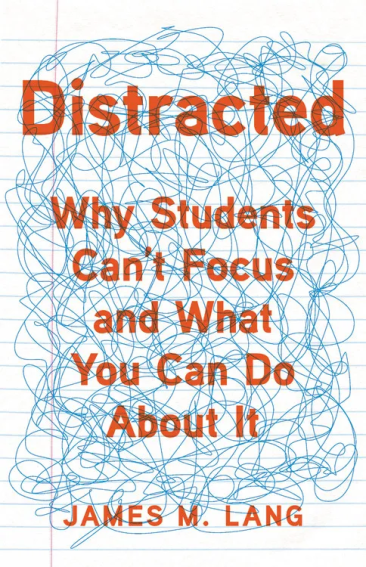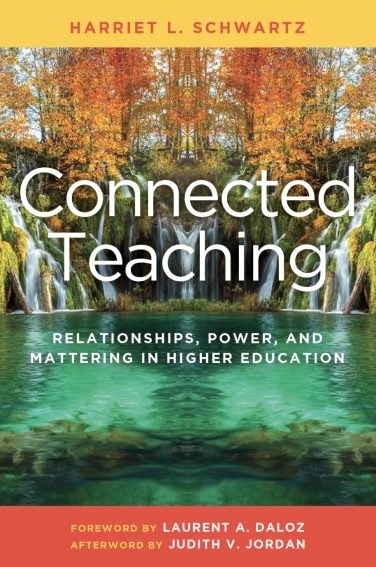CELT Book Groups
CELT’s book group discussions are designed to engage faculty in a range of research-based topics focusing on teaching and learning. During these lively, interdisciplinary discussions, participants are encouraged to consider how what they’ve read could stimulate changes in their individual teaching practices.
Book Groups 2024
Date: Tuesday, February 13th
|
Distracted: Why Students Can't Focus and What You Can Do About It
Author: James M. Lang
Keeping students focused can be difficult in a world filled with distractions! In Distracted, James Lang rethinks the practice of teaching, revealing how educators can structure their classrooms less as distraction-free zones and more as environments where they can actively cultivate their students’ attention. Brimming with ideas and grounded in new research, Distracted offers an innovative plan for the most important lesson of all: how to learn.
Doctoral students and post-doctoral scholars are invited to register.

Date: Friday, April 12th, 2024
|
Connected Teaching: Relationships, Power & Mattering in Higher Education
Author: Harriet Schwartz
Join your colleagues in discussing Connected Teaching: Relationships, Power & Mattering in Higher Education by Harriet Schwartz. At a time when many aspects of the faculty role are in question, author Harriet Schwartz, argues that the role of teachers is as important as ever and is evolving profoundly. She believes the relationships faculty have with individual students and with classes and cohorts are the essential driver of teaching and learning.This book explores teaching as a relational practice – a practice wherein connection and disconnection with students, power, identity, and emotion shape the teaching and learning endeavor. The author describes moments of energetic deep learning and what makes these powerful moments happen. She calls on readers to be open to and seek relationship, understand their own socio-cultural identity (and how this shapes internal experience and the ways in which they are met in the world), and vigilantly explore and recognize emotion in the teaching endeavor.
Doctoral students and post-doctoral scholars are invited to register.
